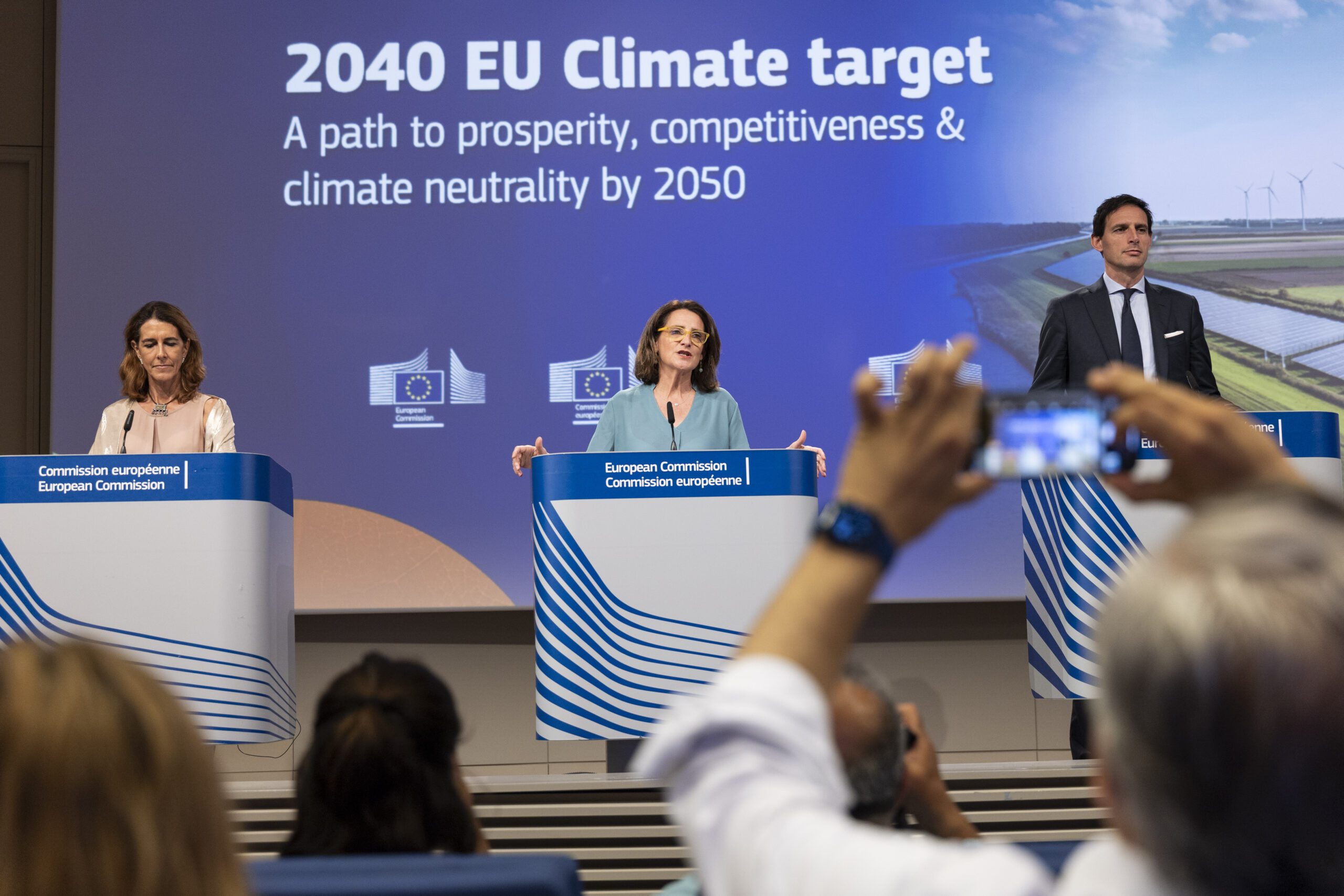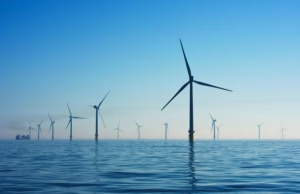Key Impact Points
- Rising temperatures, pollution, and deforestation are leading to severe ecological and societal challenges, including biodiversity loss and health crises.
- Renewable energy and sustainable practices offer solutions to reduce greenhouse gas emissions, restore ecosystems, and combat pollution.
- Global cooperation and local action are essential to address climate change, extreme weather, and resource depletion effectively.
Climate Change: A Pivotal Issue
The impacts of climate change are no longer distant—they’re here and worsening. From rising sea levels to extreme weather, the ripple effects touch every corner of life on Earth.
“The world experienced its hottest year on record in 2024, with CO₂ levels higher than in the last 6,000 years,” scientists report. The primary driver? The burning of fossil fuels.
Global Warming and the Shift to Renewables
Fossil fuels power much of our world but emit harmful greenhouse gases. This has led to heatwaves, droughts, and ecosystem damage. Transitioning to solar and wind energy, which are increasingly affordable, can curb these effects.
Governments are urged to enforce carbon taxes and fund clean energy projects, while reforestation remains a critical tool for CO₂ absorption.
Melting Ice Caps and Rising Seas
Melting ice caps are accelerating sea-level rise, threatening communities and wildlife. Coastal areas like Miami and Jakarta face severe flooding, while polar species like walruses edge closer to extinction.
“Reducing greenhouse gas emissions is the first step to slowing ice melt,” experts emphasize. Sea walls, mangrove restoration, and flood management systems are vital investments for protecting vulnerable areas.
Tackling Extreme Weather
Hurricanes, heatwaves, and floods are becoming more severe and frequent. Recovery costs are soaring, while prolonged droughts jeopardize agriculture and water supplies.
Communities can prepare with improved weather forecasting, stronger infrastructure, and natural flood absorbers like wetlands.
Pollution: An Escalating Threat
Pollution degrades air, water, and soil, causing health issues and ecosystem harm.
- Air pollution: Electric vehicles and renewable energy sources can cut emissions.
- Plastic waste: Solutions include banning single-use plastics and improving recycling systems.
- Water pollution: Upgraded wastewater treatment and stricter regulations are critical.
Biodiversity and Ecosystem Loss
Deforestation and habitat destruction have caused massive biodiversity loss. Forests, vital for carbon storage, are disappearing at alarming rates.
Programs like the Trillion Trees initiative demonstrate how reforestation can restore ecosystems and combat climate change.
“Protecting endangered species starts with saving their habitats,” a key conservation principle reminds us. Marine reserves and wildlife protections are critical tools.
Addressing Resource Management
Wasteful practices and overuse of resources create lasting damage.
- Food waste: Reducing waste can cut greenhouse gas emissions.
- Water scarcity: Drip irrigation and water-saving policies are solutions.
- Waste management: Recycling and composting reduce landfill overflows.
A Path Forward
Global action and local initiatives can turn the tide on climate change. From renewable energy to reforestation, every step counts toward building a sustainable future.
“Together, we can shape a safer and healthier planet for future generations,” experts agree. The time to act is now.
Related Article: Azerbaijan Advances Green Financing to Combat Climate Change

 Follow SDG News on LinkedIn
Follow SDG News on LinkedIn











